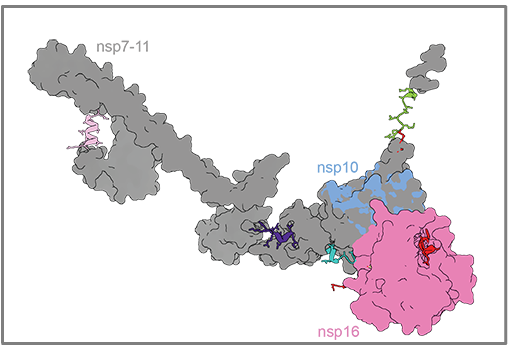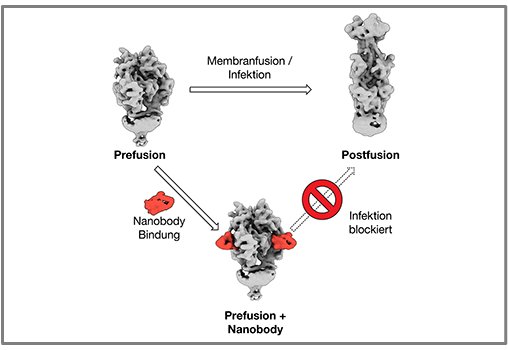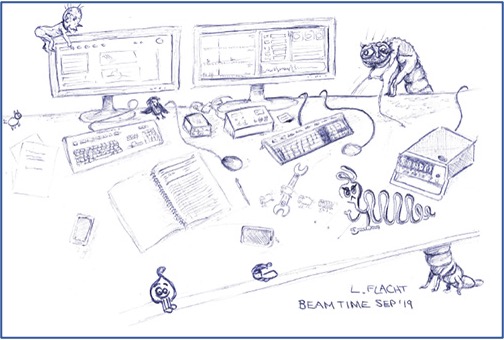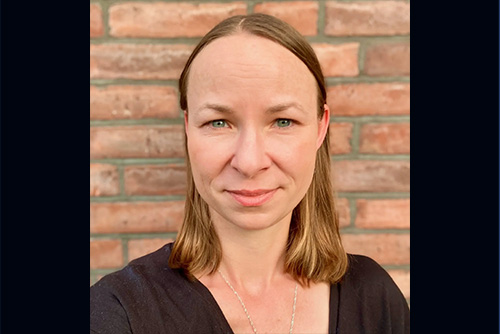Gilberger Group Hosts Humboldt Fellow
The Centre for Structural Systems Biology’s Gilberger group (BNITM/ UHH) welcomed Dr. Danny Wilson to Hamburg last week. Danny is a Humboldt Fellow who will continue his research into the fundamental questions of the unique biology of the parasite that can be exploited to develop new drugs to defeat malaria. At CSSB, Danny will combine reverse genetics with high-resolution microscopy techniques to probe into the invasion mechanisms the parasite is using to infect our red blood cells and cause disease
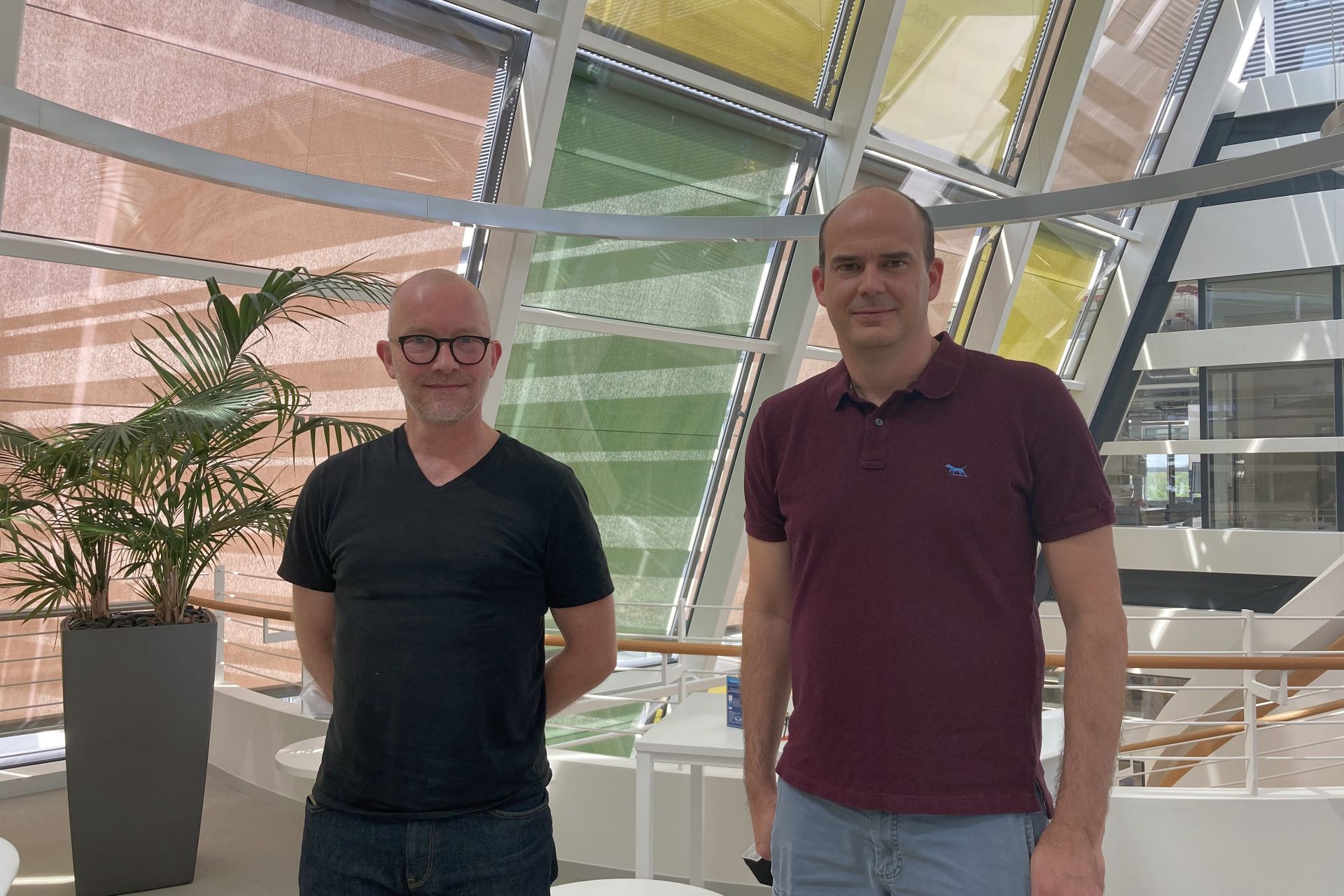
The Centre for Structural Systems Biology’s Gilberger group welcomed Dr. Danny Wilson to Hamburg last week. Danny is a Humboldt Fellow who will continue his research into the fundamental questions of the unique biology of the parasite that can be exploited to develop new drugs to defeat malaria. At CSSB, Danny will combine reverse genetics with high-resolution microscopy techniques to probe into the invasion mechanisms the parasite is using to infect our red blood cells and cause disease
“I am really excited to have this opportunity to work in with the Gilberger Laboratory at CSSB,” notes Danny “The chance to use the cutting-edge technology available at CSSB to reveal new malaria parasite biology allows us to identify novel targets for next-generation antimalarials. I am very grateful to the Humboldt foundation for the opportunity to undertake this work here.”
“We are very happy to welcome Danny to our lab,” explains Tim Gilberger “He and his group have conducted pioneering research into the molecular details of host-pathogen interactions and I am certain that together we will proceed along this thrilling research avenue.”
Dr Danny Wilson completed his PhD at the Walter & Eliza Hall Institute (Melbourne) with a focus on vaccine and drug development targeting human malaria parasites. Danny established his group in the Research Centre for Infectious Diseases at the University of Adelaide (South Australia) in 2014.
